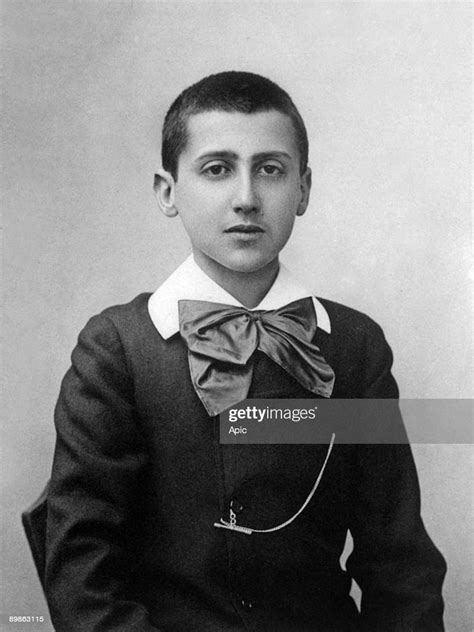A Quote by Lauren Willig
My official field was Tudor-Stuart England; I also considered myself reasonably competent when it came to Renaissance and Reformation Europe.
Quote Topics
Related Quotes
These developments - a massive transfer of land by way of inheritance and purchase, an unprecedented rise in the profitability of land and increasing intermarriage between Celtic and English dynasties - helped to consolidate a new unitary ruling class in place of the more separate and specific landed establishments that had characterised England, Scotland, Wales and Ireland in the Tudor and Stuart eras.
The processes of secularization that followed in the wake of the Reformation continue to work themselves out in complicated ways, not only in Europe but also in North America. To make a very long and complex story short, the success of the Reformation combined with the persistence and renewal of Roman Catholicism in the 16th and 17th centuries made Christianity into an enduring, disruptive problem in new ways, layered on top of problems that already affected late medieval Christianity.
I was born and spent my first five years in Chester, an ancient city that retains some of its Roman walls and fortifications and contains a great medieval cathedral, as well as Tudor, Stuart and early 19th century architecture. Visiting these things was free, and my parents - who had little money - made the most of this.

































